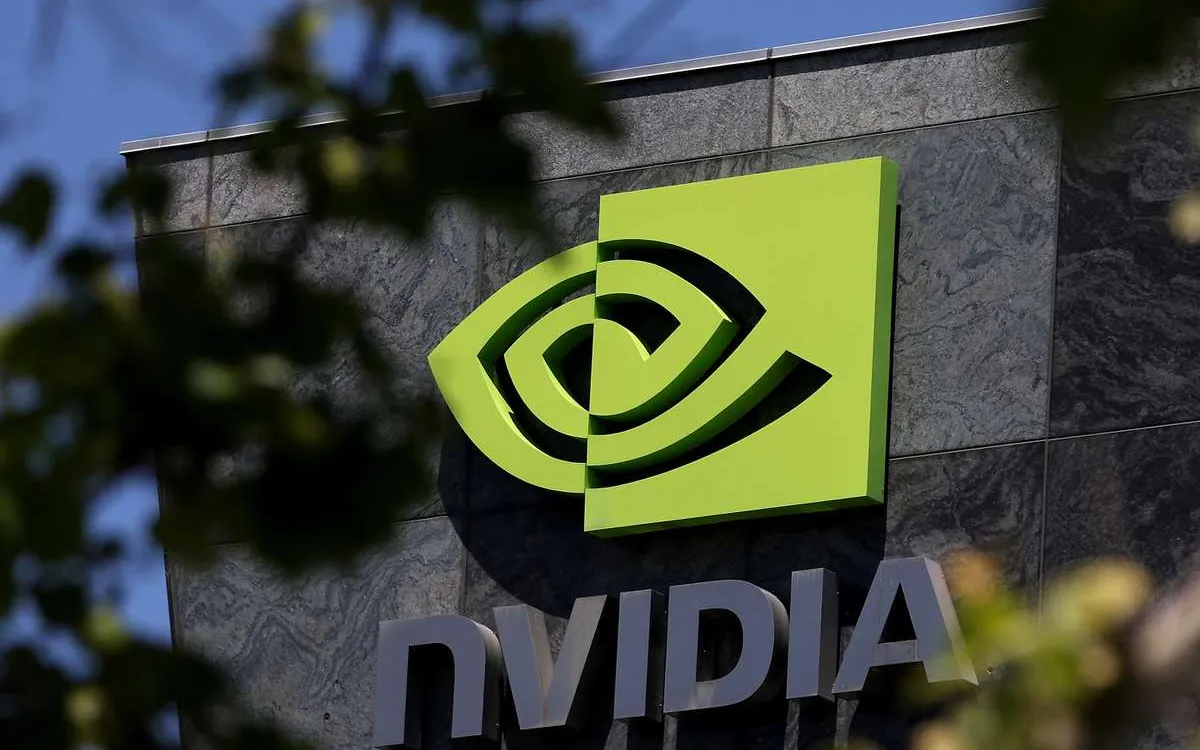
In early trading on Thursday, Nvidia (NVDA) and other key chip stocks experienced a notable decline as the artificial intelligence (AI) sector showed signs of faltering. Nvidia's shares were down more than 2%, reflecting a broader trend affecting the semiconductor industry.
Alongside Nvidia, several other prominent chip manufacturers faced declines. Advanced Micro Devices (AMD), Qualcomm (QCOM), and TSMC (TSM) all reported lower share prices. The downturn also extended to companies partnered with Nvidia, such as Supermicro (SMCI), Dell (DELL), and Micron Technology (MU). Notably, Broadcom (AVGO) saw its shares decrease by over 3% ahead of an anticipated earnings report, contributing to a 2% drop in the PHLX Semiconductor Index.
The situation was exacerbated by a staggering 17% plunge in shares of Marvell Technology (MRVL), which failed to impress investors with its recent outlook. This performance was a significant factor in the tech-heavy Nasdaq index, which fell by 1% as investor sentiment soured.
Investors are grappling with uncertainty regarding the potential impact of new U.S. tariffs on the chip industry. Additionally, concerns over tightening chip export curbs and escalating competition from China are contributing to the market's volatility. Notably, Alibaba recently unveiled its latest AI reasoning model, which it claims competes directly with offerings from DeepSeek and OpenAI, the developer behind ChatGPT. As a result, Alibaba's shares saw a modest increase of about 1%.
Meanwhile, shares of AI favorite Palantir (PLTR) dropped approximately 3.5%, nearly erasing the gains made on Wednesday. This decline comes amid expectations that Palantir's software could play a significant role in supporting government spending cuts proposed by the Trump administration. Analysts from Jefferies pointed out concerning insider sales, highlighting that Palantir's CEO, Alex Karp, sold shares worth another $45 million in the past two weeks, following the sale of over $2 billion in 2024.
The current state of the chip market reflects a combination of factors, including investor apprehension regarding tariffs, competition from international players, and company-specific challenges. As the AI sector continues to evolve, market participants will be closely monitoring these developments, particularly as they relate to major players like Nvidia and Palantir.